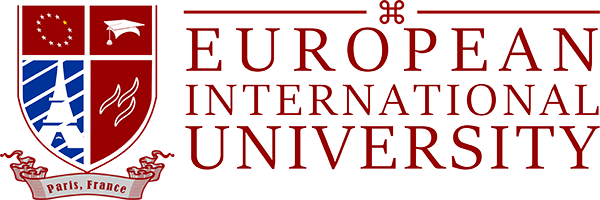Cultural Debate: My Company Will Never Allow HR To Go Beyond Admin Roles!

 HR – Progressing from administrator to impactive business partner, predictive strategist and trusted colleague? The cultural debate.
HR – Progressing from administrator to impactive business partner, predictive strategist and trusted colleague? The cultural debate.
Comments I received from an individual on a recent programme evaluation included the following ” The impactive solutions you suggest are logical and make sense but my culture will not allow me to implement it and that culture will NEVER change”.
The participant was the CEO of a relatively successful business, with a fairly limited HR team, and we had been covering an impactive HR service approach including selecting and progressing best talent, robust performance management, differentiated rewards, efficient organisational design, the benefits of diversity and how engagement initiatives can aid retention and business success. All in the context of being the employer of choice for “best talent” in the market.
Working in the “emerging’ world it is fairly commonplace for the issue of culture to arise as individuals and businesses look to gain competitive advantage by implementing at least some of the above – although I have argued before that a CONNECTED set of these HR services is key – and then finding resistance and difficulty with the practicality of making this shift in approach (and thereby a shift in their employment branding, practice and attractiveness) actually work.
A few points I make during such debates:
– Yes, culture obviously has an impact on progress, where small incremental steps, rather than dramatic leaps, can sometimes be the effective way forward. The pace of change and improvement needed though is really a business call. Where competition is driving impactive change, survival may depend on a fast response and/or being first to market with long overdue initiatives that more people may be ready for than traditionalists would believe.
– The more collectivist cultures that value relationships and respect age, seniority and length of service highly will find it more difficult to move to a MERIT based approach that differentiates performance, talent potential and rewards on capability and a focus on what and how that capability delivers results.
– It may take more communication, education and development to progress and usually involves answering “fairness” and “trust” issues (for many employees the world will move, dramatically), BUT cultures DO change.
I tend to remind clients looking with some concern at suggested changes in line with the above that it was not that long ago that some of us in HR were working in the UK, Europe, and even the US, helping business leaders and managers with their criterion based interviewing skills to select better talent or to learn the “language of delivery” to ensure clear and aligned performance targets for their teams or how to use a reward “pot” to differentiate high performers and high potentials against market etc. etc.
The emerged world may have started earlier with a more proactive approach to HR, and have more success stories as a result, but it continues to be a work in progress and a recent UK survey showing low percentages of HR teams believing they need to understand their business indicates they still have much to do to make the proactive “business partner model” a reality.
In the “emerging” world signs of HR change and improvement are increasingly coming to light. Globalization, the impact of millennials (with their greater curiosity, independence and entrepreneurship) and the rise in opportunity for international standard education are all having an impact.
I worked with a group recently where a subsidiary had gained parent Board approval for VMV Statements of Intent that included “innovation”, ‘learning organization” and “empowerment”. Keen to implement, the initiative was business driven and HR needed to work hard to catch up and provide alternative service solutions to those that had gone before.
Another group – charged with upgrading leadership and the HR services to support it in a government department – were already implementing improvements. However, bringing their department up to local standards (their initial remit) was amended as the the week progressed to a significantly higher, international one. Discovering that automatic pay rises for all in each of their first five years and a “13th month” bonus scheme might not be the most attractive rewards package for best talent (!!!), it was pleasing to see the talent and appetite in the room to explore better (differentiated) solutions. To take back incidentally, not just to their own department, but as proposals for others.
As to our initial NEVER participant, he may continue to be successful without more impactive HR solutions but, as individuals are increasingly more prepared to choose and re-choose employers and more employers work on the above initiatives to improve their employment brand, the danger is that more attractive employers (competitors) will increasingly emerge. So, even a few small steps in the progressive direction may help him and others with similar concerns.


